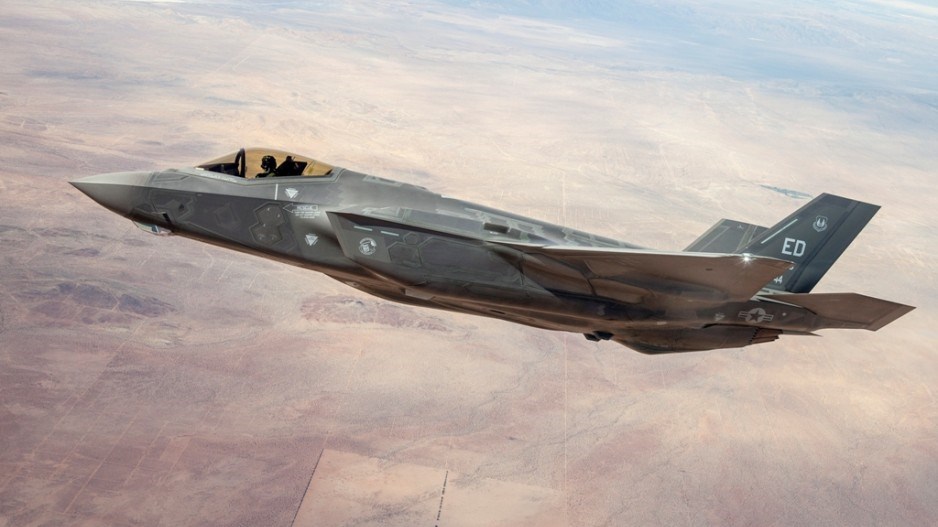A Vancouver-headquartered company that specializes in making highly specialized metal alloys has landed a $2 million contract with Lockheed Martin to supply components for the F-35 fighter jet.
Under the contract, IBC Advanced Alloys Corp. (TSX-V:IB) will manufacturer a proprietary beryllium-aluminum alloy called Beralcast to be used in the housing of an optical guidance system on the F-35 Lightning II.
According to IBC Advanced Alloys, the new alloy is three times stiffer than aluminum and 22% lighter.
Although the company is headquartered in Vancouver, its manufacturing will be done at the company’s plant in Wilmington, Massachusetts.
In a press release, the company described the agreement as an initial contract that could lead to additional contract over the life of the F-35 program.
Ray White, IBC’s president of engineered materials division, described the contract with Lockheed Martin as an important validation of the Beralcast alloy.
"We are pleased to announce this validation of our Beralcast alloys and are committed to Lockheed Martin and the demanding requirements of this critical defense program,” he said.
Lockheed Martin’s F-35 program has been dogged by overruns and waffling by a number of countries, including Canada, which is part of an 11-country consortium.
The Canadian government called for a review of its participation in the F-35 Joint Strike Fighter program and has not yet committed to buying 65 new jets under the program.
Beralcast is one of a number of alloys that IBC makes. It also makes an range of copper-based alloys and is working with researchers – including MIT – on a new beryllium oxide alloy that the company believes would improve energy efficiency in the fuel rods used in nuclear power plants.




